A tourist was arrested and detained by officials after he carved his name into an ancient wall of the city of Pompeii.
This tourist has been ordered to pay a fine that will go to the restoration of this wall that now has a carving of his name. Unfortunately, this is simply the latest incident of tourists behaving badly while looking at the ancient city of Pompeii and its ruins.
Carving on an Ancient Wall
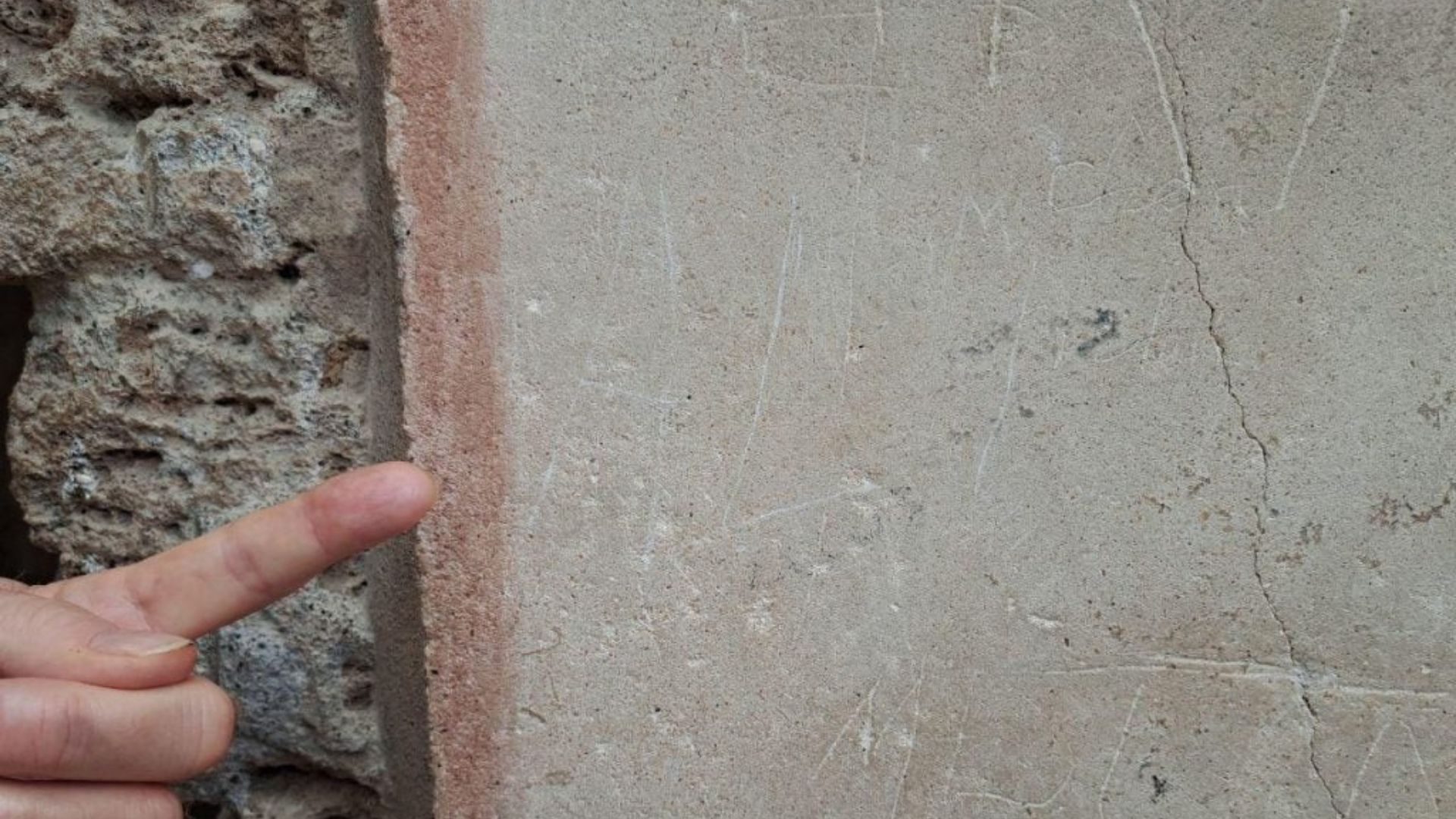
According to officials, this tourist from Kazakh was arrested while he was at the Archaeological Park of Pompeii this weekend.
The security at the park were the first to realize that something was amiss when they noticed him actually carving his name Ali on an old wall in the ruins. They quickly then reported him to the local police, who arrested and detained him.
The Noteworthy House of the Ceii
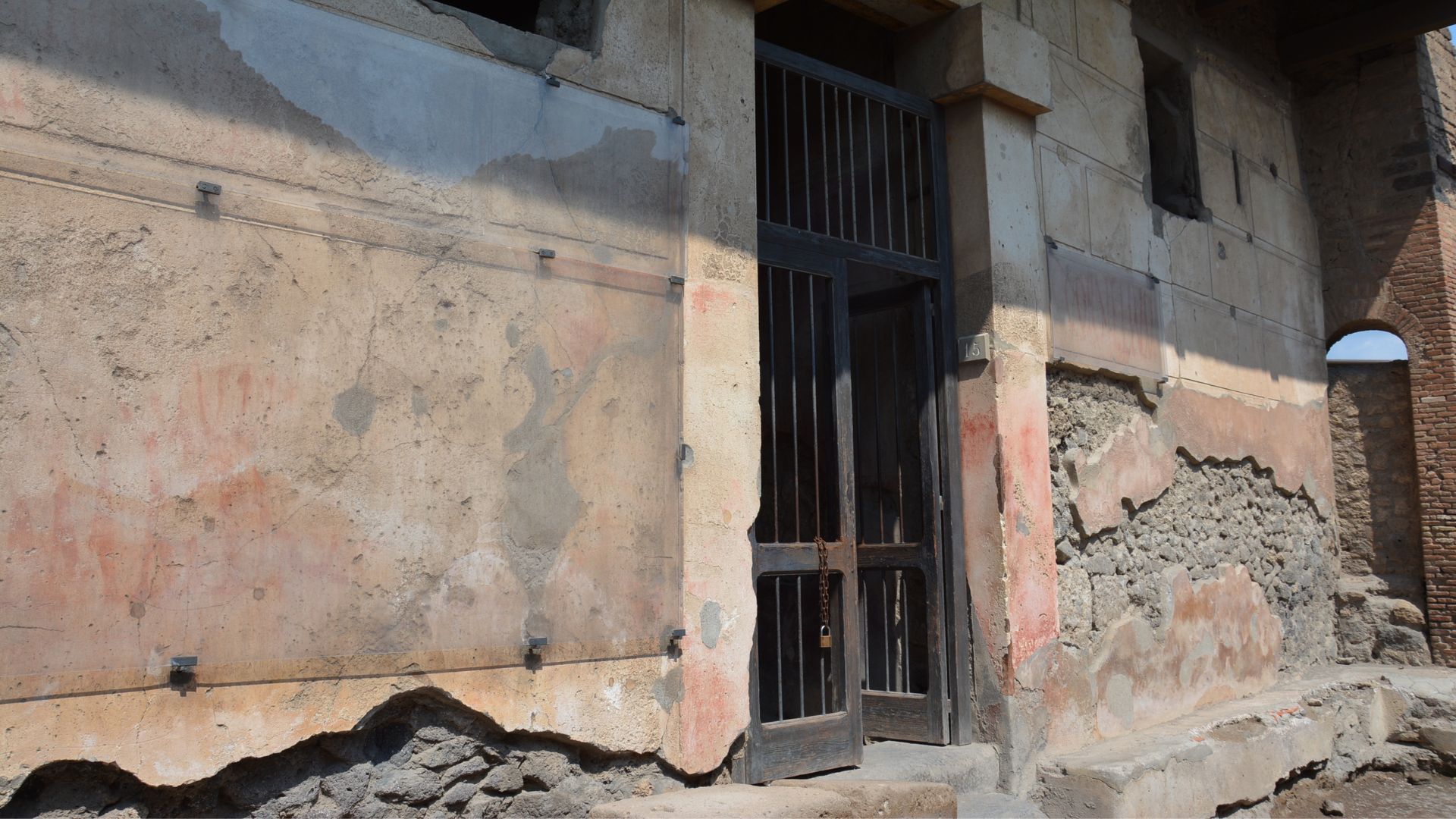
This man carved his name on a wall that was a part of the House of the Ceii, a noteworthy structure within the ruins of Pompeii.
This ancient villa is one of the most popular and best-known structures in the ancient city, as it is well preserved.
Pompeii’s Preservation
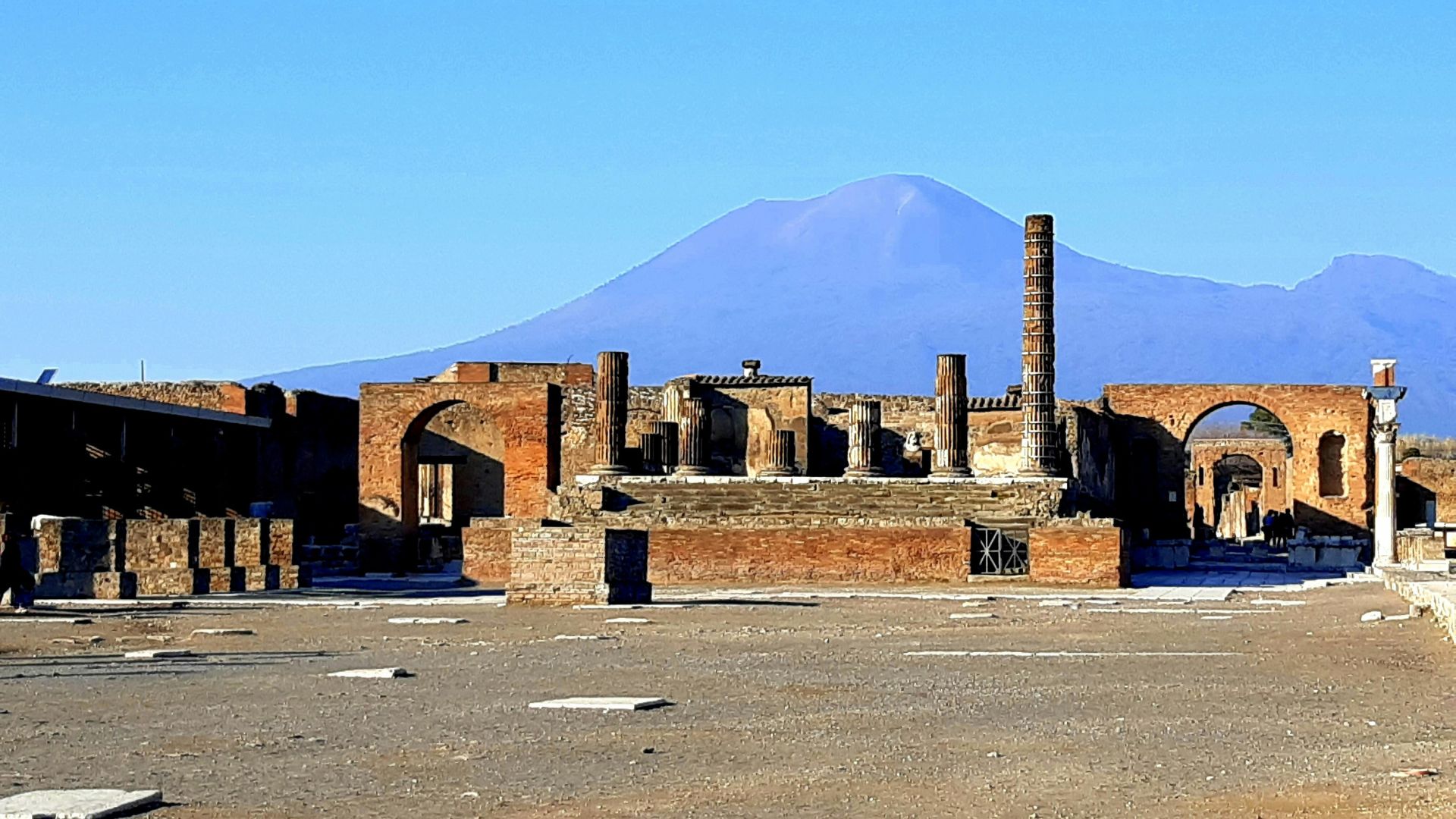
While the eruption of Mount Vesuvius in 79 CE actually allowed many areas of the ancient city to be well preserved, thanks to the eruption’s ash, the House of the Ceii remains one of the best-kept ruins from Pompeii.
Many visitors from around the world flock to this very old villa, which is believed to have been the home of the magistrate Lucius Ceius Secundus.
Ruining Ancient Sites
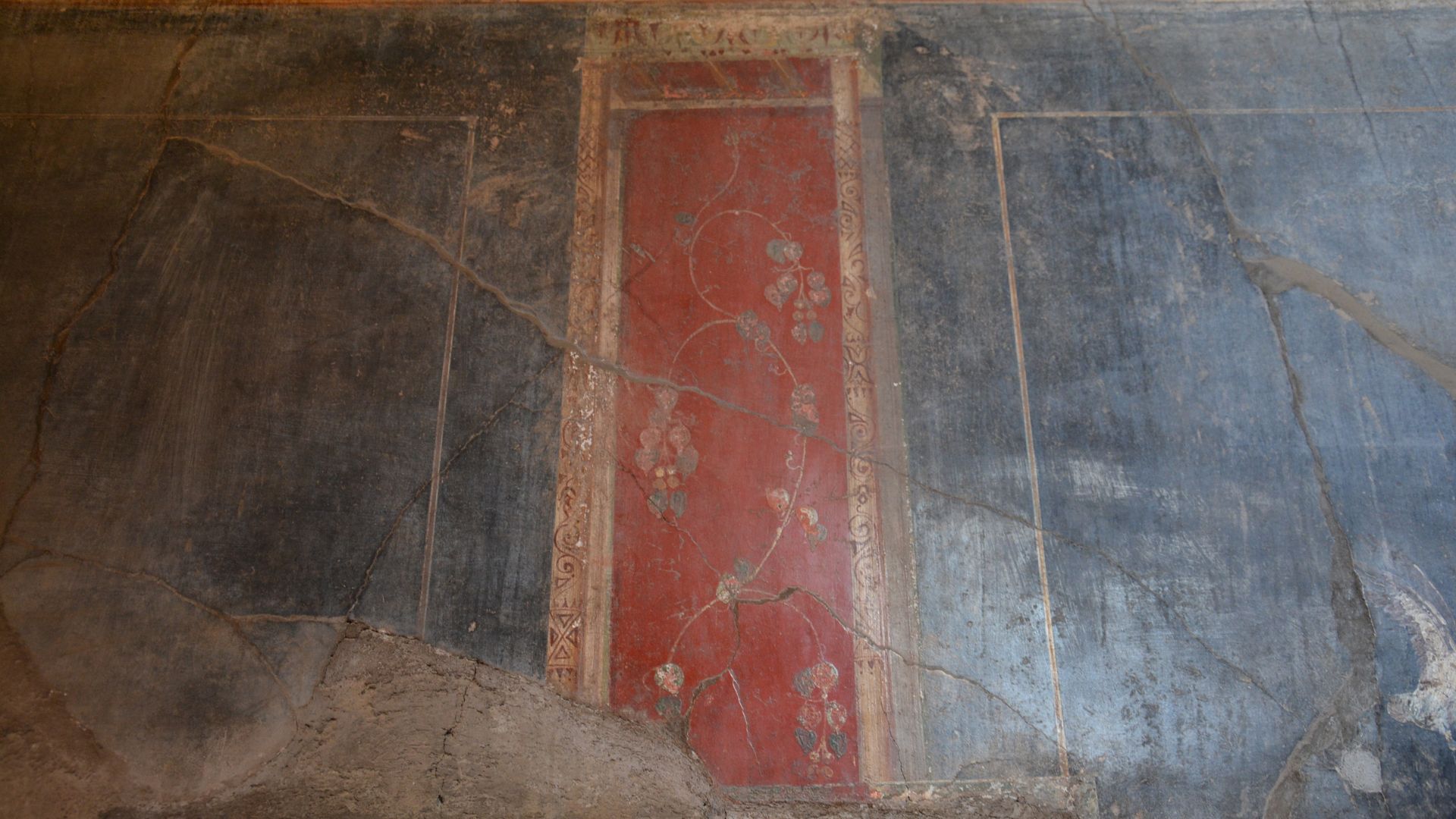
The notable history of the House of the Ceii further makes this tourist’s decision to carve his name on the villa’s ancient walls that much more upsetting to many in the region — and to many around the world.
According to Kazakhstan’s Ministry of Foreign Affairs, this tourist was later released. He will now have to pay for the park’s damages, though he will not face any criminal charges for his act.
An “Idiotic Disgrace”
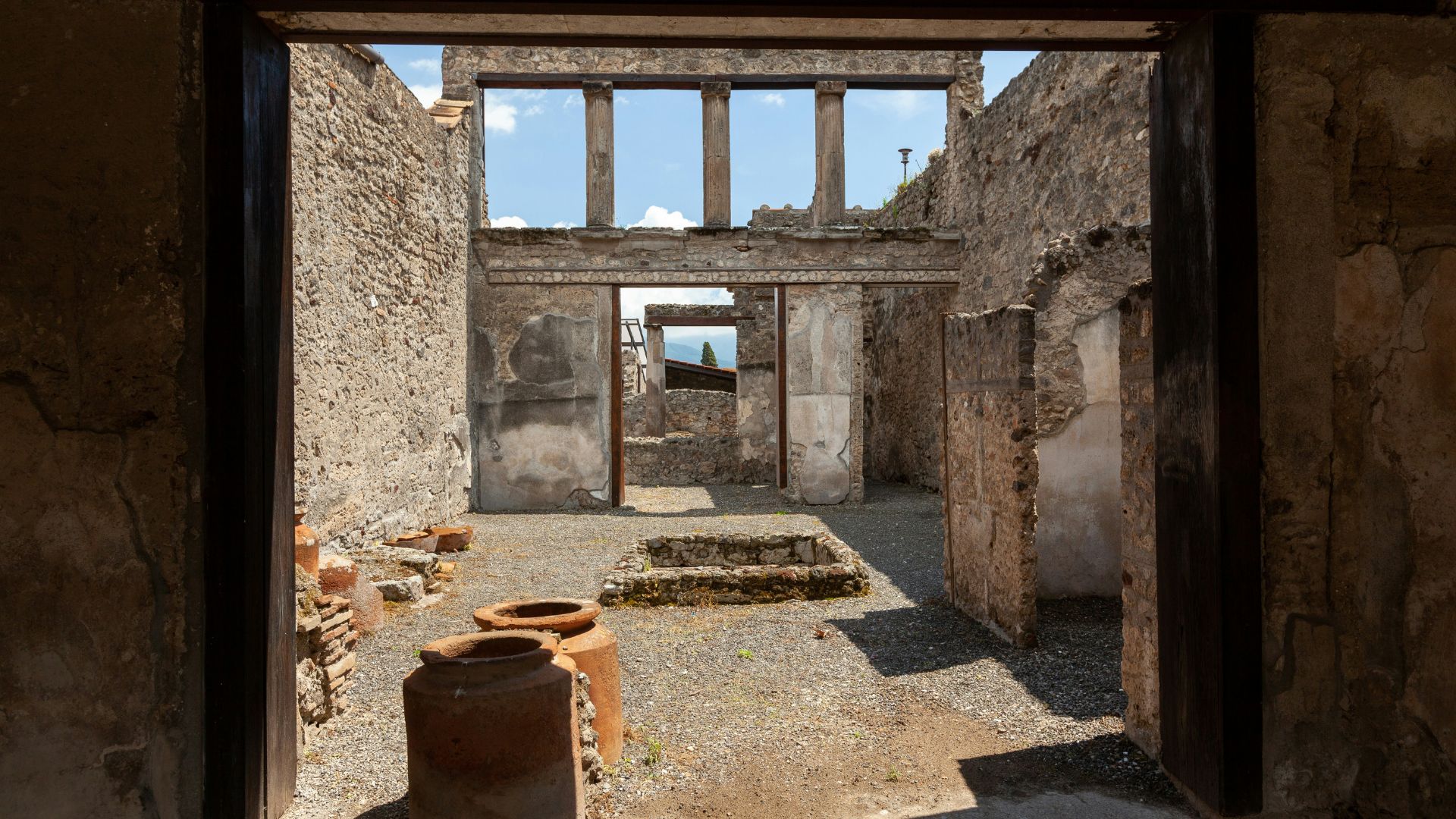
Gennaro Sangiuliano, Italy’s Minister of Culture, has released a statement commenting on this man’s decision to carve his own name into a wall that is more than 2,000 years old.
Sangiuliano said, “Unfortunately, even today, we find ourselves commenting on an uncivilized and idiotic disgrace caused to our artistic and cultural heritage.”
Paying for Damaged Property
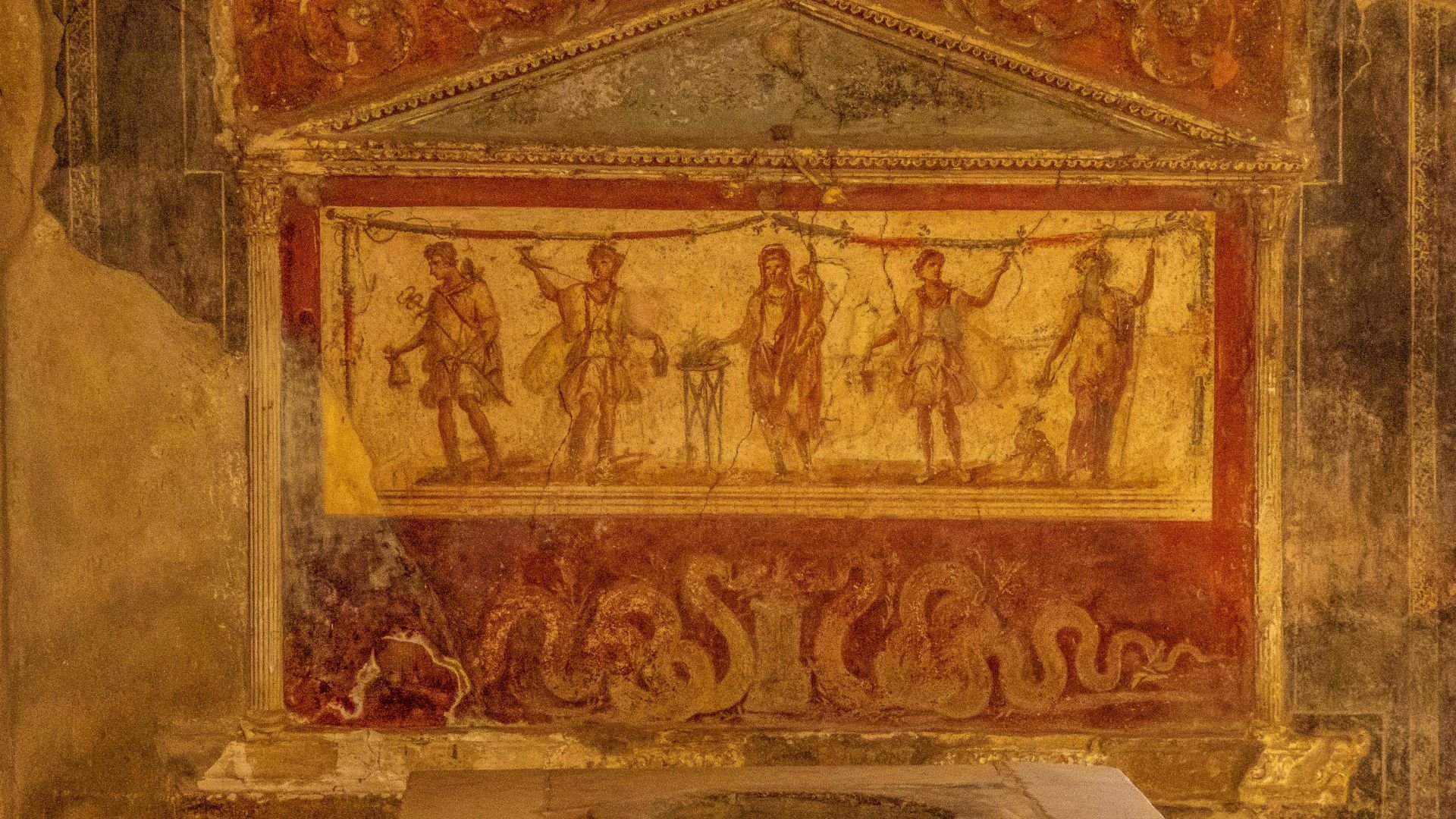
Saniuliano also explained that he will ensure this act is prosecuted, stating, “This is a very serious act that will have to be prosecuted severely and, also thanks to the new law that I strongly supported, the perpetrator will be forced to repay the costs of fully restoring the damage caused.”
Finally, the Minister of Culture thanked the security workers at the park for discovering what this tourist was up to and for notifying the local police.
Other Badly Behaved Tourists in Pompeii
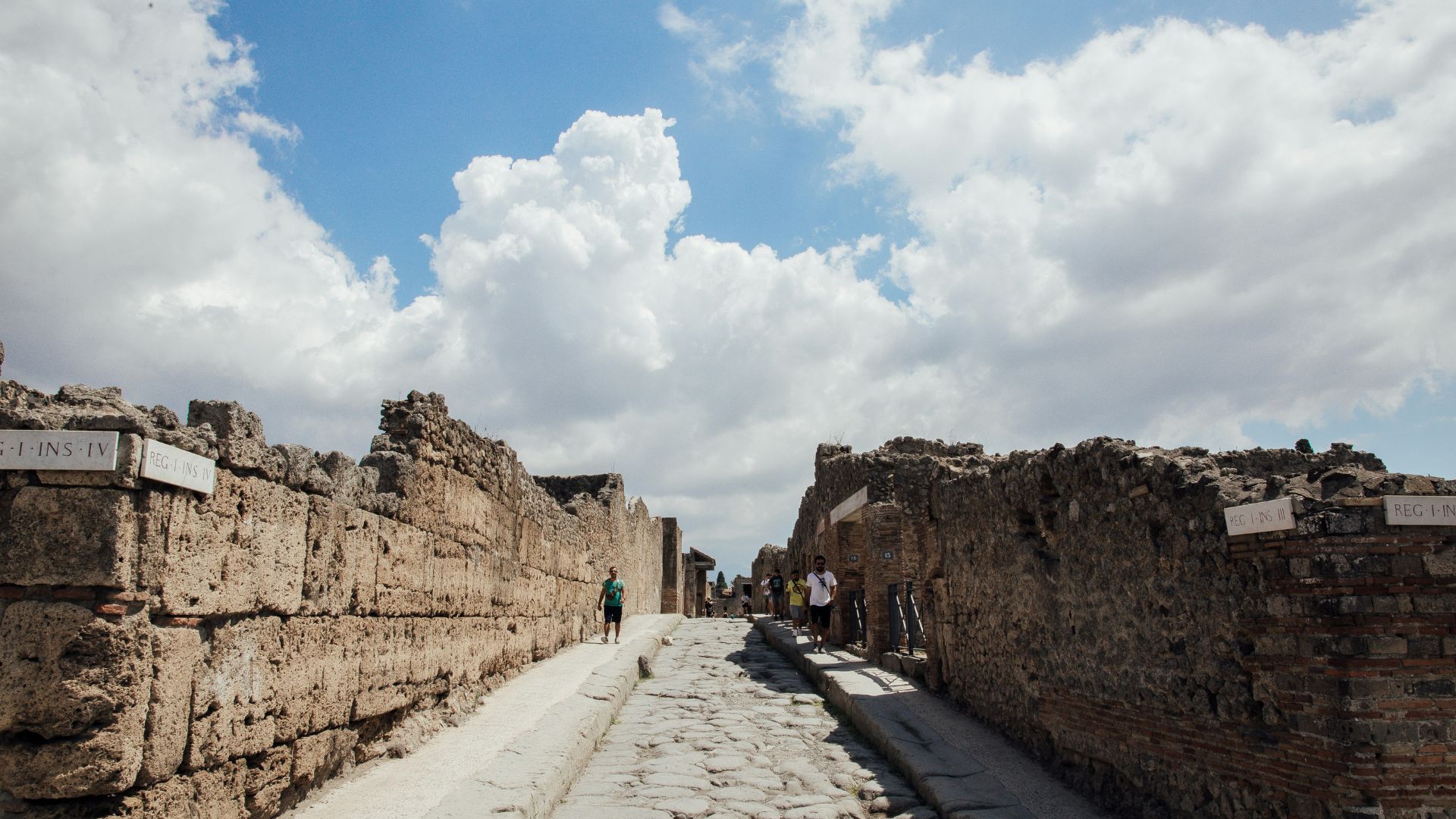
Unfortunately, this is just the latest incident of a tourist going out of their way to behave poorly while looking at the ancient structures and ruins of Pompeii.
Less than a month ago, a tourist from the Netherlands allegedly vandalized a wall in Herculaneum. This ruin has also been preserved in ash after Mount Vesuvius’ eruption.
Carvings in Italy
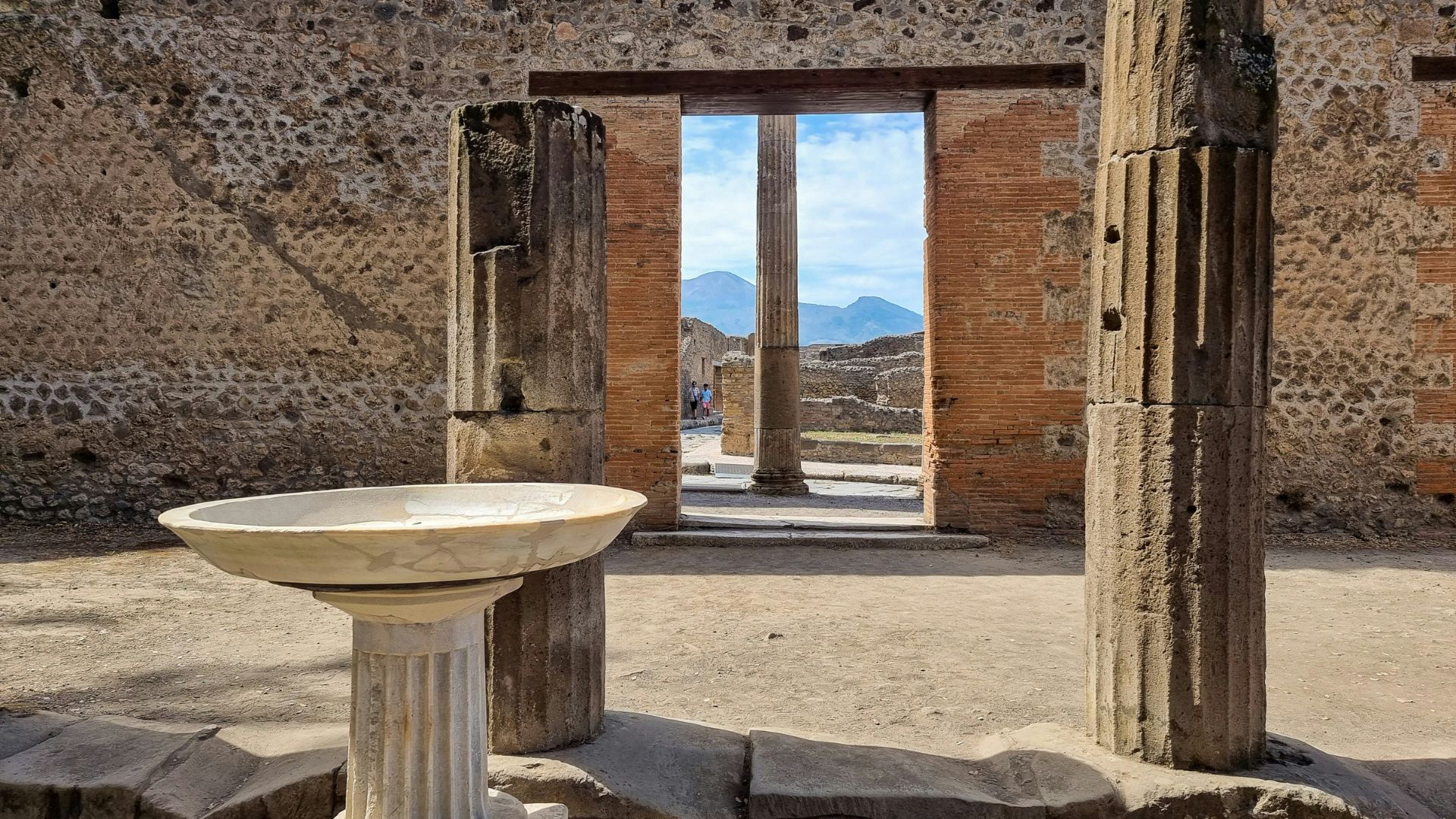
Elsewhere in Italy, officials have tried to crack down and stop other tourists from destroying the ancient walls that are strewn around many parts of the country.
Last year, a tourist from the United Kingdom angered many after a camera caught him carving “Ivan + Hayley ‘23” into the Colosseum walls in Rome. This man eventually apologized for this — and even claimed he had no idea how old the Colosseum was until after he did this.
A Teenager’s Carving
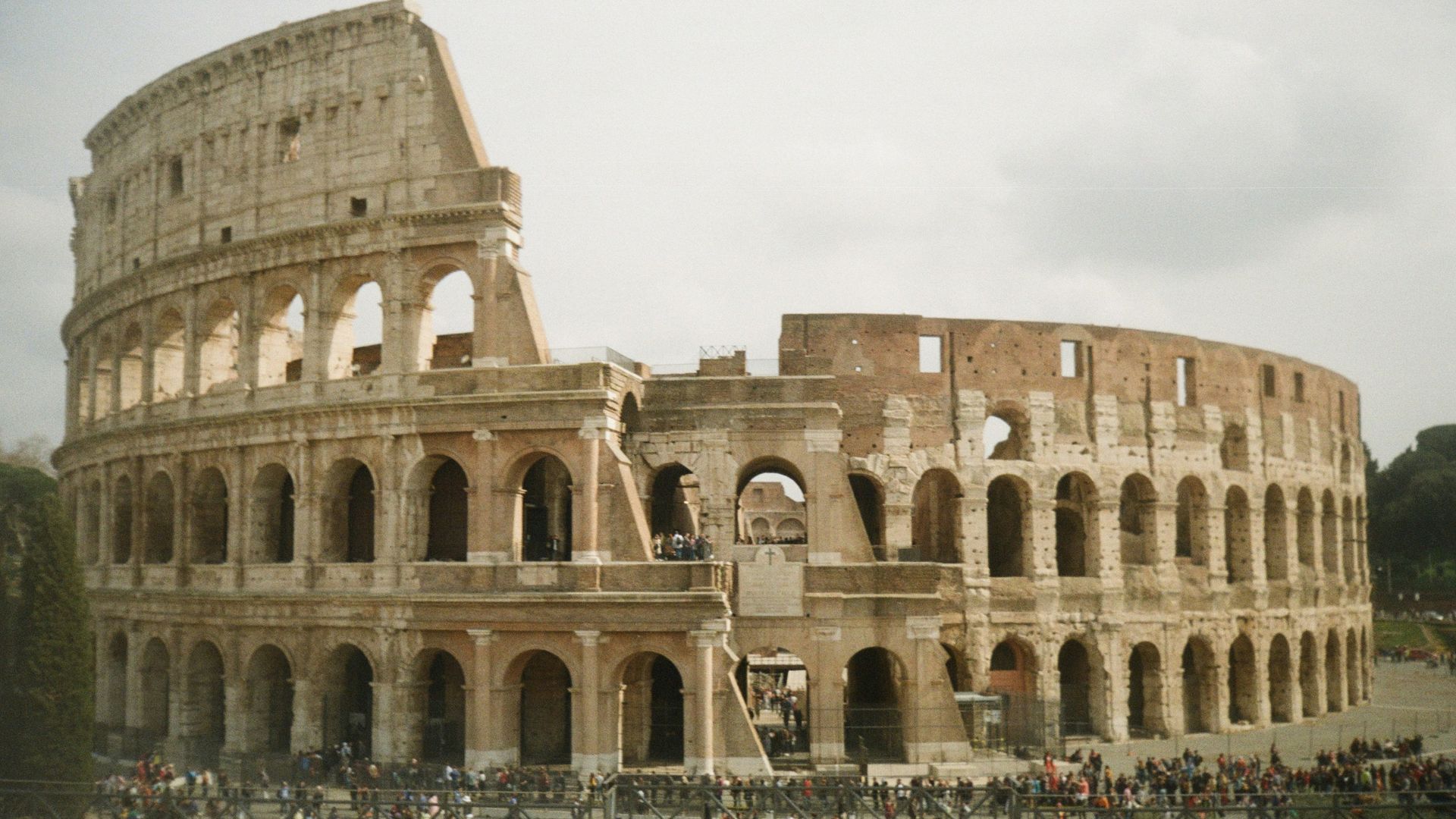
Just weeks after this UK tourist was discovered making this carving, a teenage girl visiting Rome from Switzerland made headlines when she was also caught carving her name.
This carving occurred on the wall of the Colosseum as well. An investigation was opened after an Italian guide filmed her engraving on this very old wall.
Raising Fine Amounts
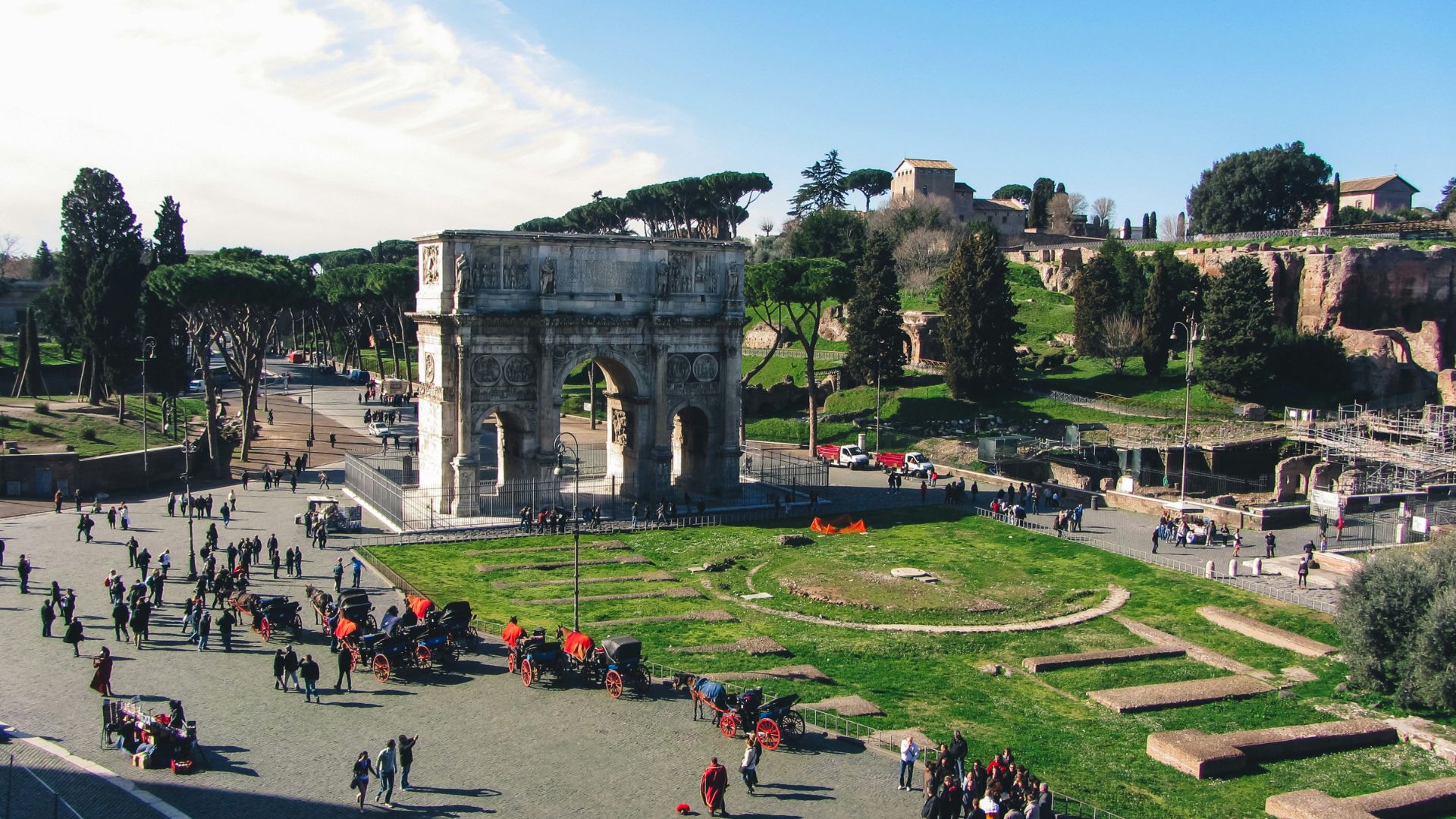
Italy has struggled to combat these crimes. To further protect their ruins and monuments from being further vandalized, Italy’s parliament has agreed to raise the maximum fine amount for those who commit these offenses.
Now, the maximum fine has been raised from $16,000 to $43,000.
Stopping Other Forms of Vandalisms
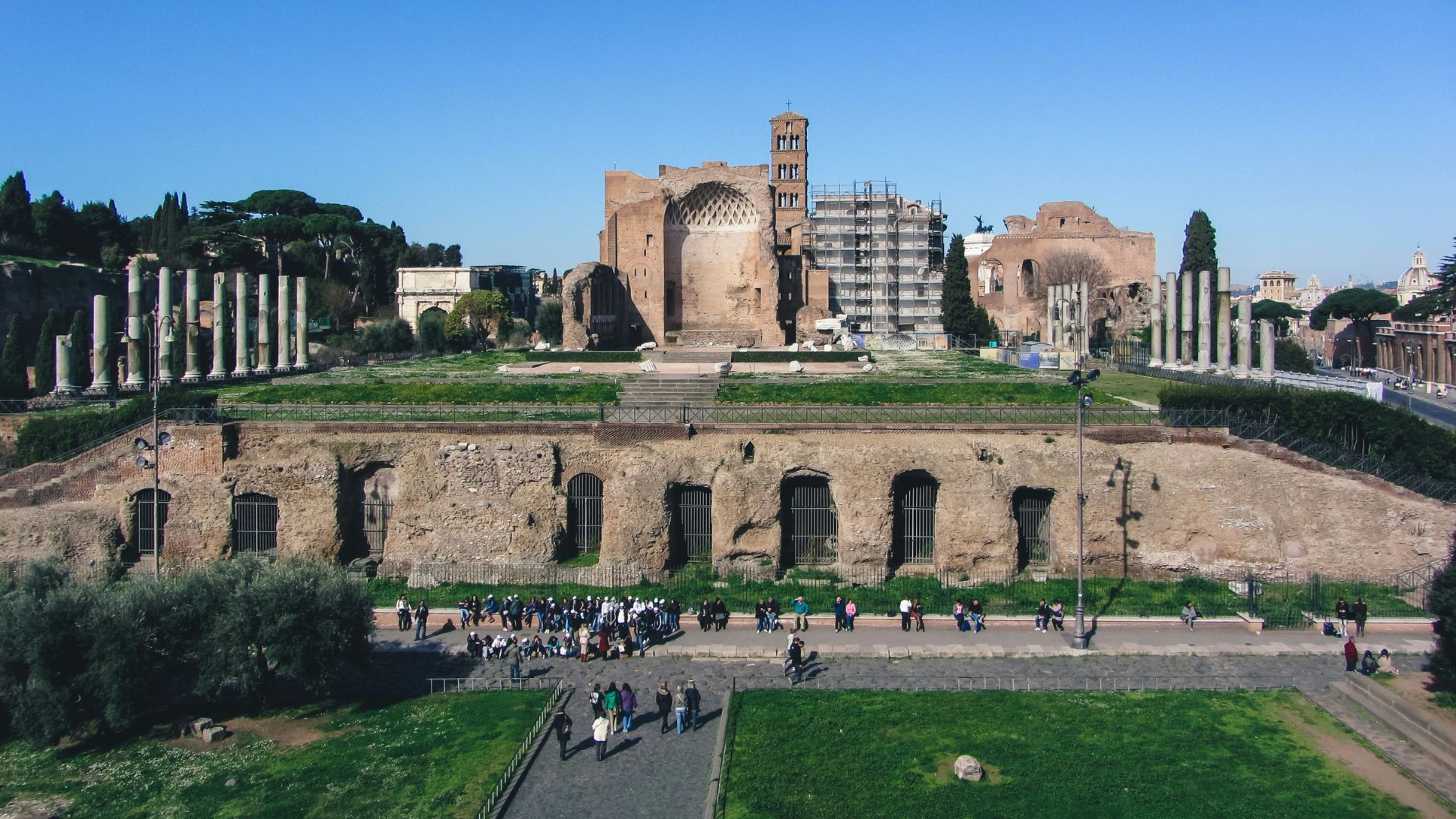
Italy — and many other countries around the world — have tried to stop poorly behaved tourists from making these decisions to deface ancient ruins. However, Italy has also hoped to deter climate activists from further targeting old artworks and monuments.
By raising this maximum fine, the country’s parliament is hoping this will further deter climate protestors from attempting to ruin or harm cultural art and statues.
